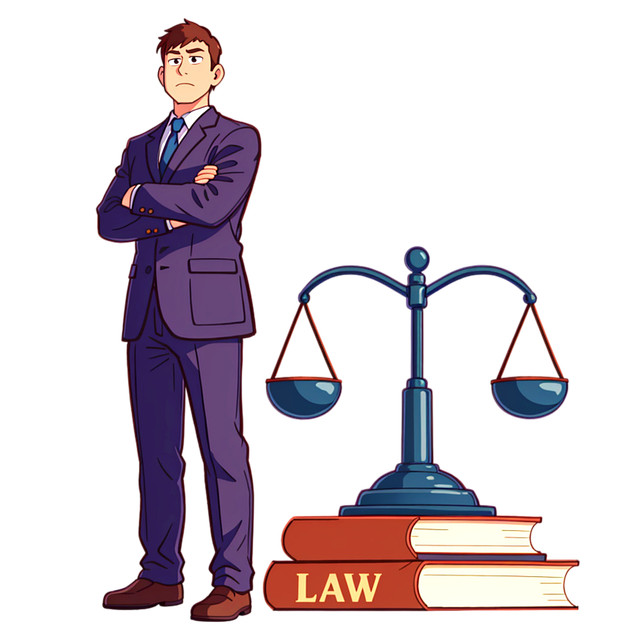A Rocky Creek Youth Camp Attorney plays a vital role in protecting justice for abuse victims, navigating complex legal landscapes in youth law, child protection, and criminal justice. They assist clients, from vulnerable young adults to children, in evidence gathering, witness interviews, document preparation, and court representation while maintaining strict confidentiality. Contacting a specialized attorney is crucial for survivors of camp abuse to protect their rights, access counseling, medical care, legal representation, seek justice, and begin healing.
“Uncovering Justice: Representing Victims of Abuse at Rocky Creek Youth Camp. This comprehensive guide delves into the crucial role of attorneys in advocating for survivors of abuse within the unique context of the Rocky Creek Youth Camp. We explore the legal process, from understanding the attorney’s responsibilities to navigating complex case management. Furthermore, we highlight strategies for supporting survivors, ensuring their rights are protected. By examining these aspects, we aim to empower individuals seeking justice and shed light on the critical work of Rocky Creek Youth Camp Attorneys.”
- Understanding Rocky Creek Youth Camp Attorney Role
- Navigating Legal Process for Abuse Cases
- Supporting Survivors: Strategies and Rights
Understanding Rocky Creek Youth Camp Attorney Role

The role of an attorney in representing individuals involved in or affected by abuse cases at Rocky Creek Youth Camp is multifaceted and critical. These legal professionals are the guardians of justice, ensuring that all parties’ rights are protected and that the truth comes to light. They navigate the complex landscape of legal procedures, offering guidance and support to their clients, who may be vulnerable young adults or children.
An attorney for Rocky Creek Youth Camp cases specialises in understanding the unique dynamics of such incidents and the subsequent legal processes. They must possess a deep knowledge of youth law, child protection, and criminal justice to effectively represent their clients. This involves gathering and analysing evidence, interviewing witnesses, and constructing a robust legal strategy while adhering to stringent ethical guidelines to maintain client confidentiality.
Navigating Legal Process for Abuse Cases

Navigating the legal process in abuse cases at Rocky Creek Youth Camp can be complex and daunting for victims and their families. It’s crucial to seek guidance from an experienced Rocky Creek Youth Camp Attorney who understands the intricacies of these matters. They can help clients understand their rights, explain the legal options available, and guide them through each step, ensuring a fair and just outcome.
An attorney specializing in such cases will assist with gathering evidence, interviewing witnesses, and preparing necessary documents. They will also represent the victim in court, advocating for their rights and interests. This support is vital to help victims heal from their traumatic experiences and seek justice against those responsible for the abuse at Rocky Creek Youth Camp.
Supporting Survivors: Strategies and Rights

Survivors of abuse at Rocky Creek Youth Camp have rights and deserve support. If you or someone you know was a victim of abuse while attending this camp, it’s crucial to reach out for help. A Rocky Creek Youth Camp attorney can provide guidance on legal options available and ensure survivors’ rights are protected.
Support strategies include access to counseling services, medical care, and legal representation. These resources enable survivors to process their experiences, seek justice, and begin the journey of healing. Every survivor’s story is unique, so a dedicated attorney will work closely with them to understand their needs and fight for the compensation they deserve.
For survivors of abuse at Rocky Creek Youth Camp, seeking justice and healing is a crucial step. Understanding the role of a dedicated Rocky Creek Youth Camp attorney can significantly enhance the legal process. By navigating the complexities of these cases, legal professionals ensure survivors’ rights are protected and provide them with the support needed to share their stories. This comprehensive approach fosters a sense of empowerment, enabling survivors to take control and find closure in a safe, sympathetic environment.
